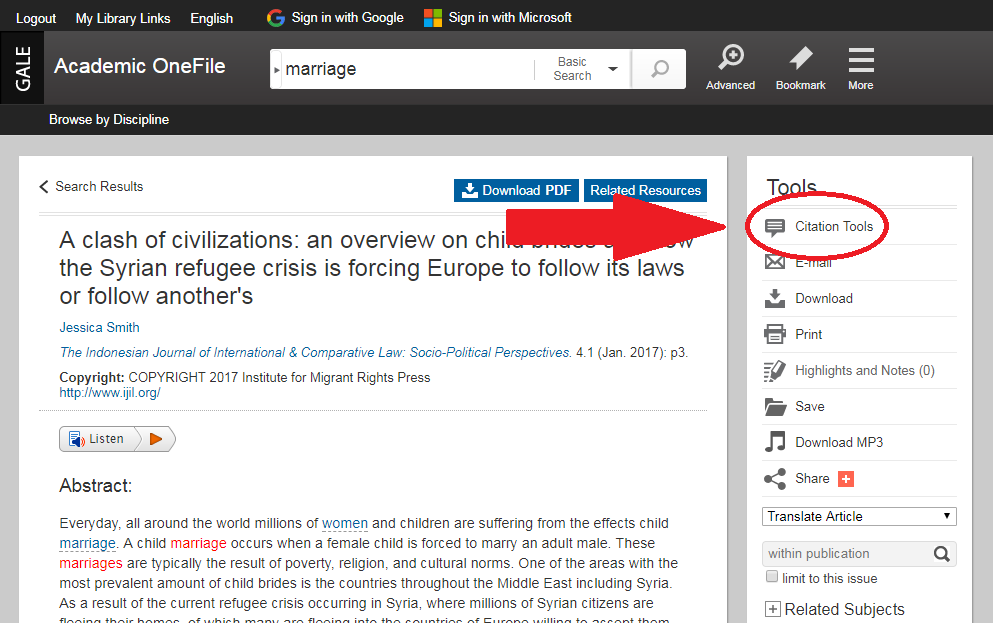
We all learn from each other and together. Let's give credit to each creator of information that informs us.
Image by stux, free for commercial use.
Remember to cite all the sources that you use in your speech. Any ideas or words that are not your own that you quote or paraphrase must be included in the Works Cited list that you are required to submit. Citations must be formatted in the American Psychological Association (APA) style.
In-Text Citation Format
The study found that ninety-nine percent of students search Google for information (author's last name, year).
Reference List Format
In general, sources cited in APA format adhere to the following patterns (based on the Publication Manual of the American Psychological Association, 6th ed.):
Book
Author, A. A. (Publication year). Title of book: Subtitle of book.
Publication city: Publisher.
Journal Article
Author, A. A., & Author, B. B. (Publication year). Title of article. Title of Journal, volume #(issue#), page#.
Magazine Article
Author, A. A., Author, B. B., & Author, C. C. (year, month). Title of article.
Title of Magazine, volume#(issue#), page#.
Click on the attachment below to see more examples of APA-formatted citations.

If you use the library databases and ebooks for your sources, there's any easy way to obtain the citation automatically formatted in APA style. Most databases have a built-in feature that provides citations.
Let's look at Gale Academic OneFile for example.
After you have searched for and chosen an article to use for your research, click on the Citation Tools.

In the pop-up window, select "APA 6th Edition" from the dropdown menu in the upper left corner. Click the Select button to copy the citation that appears in the window, then simply paste it into your Works Cited list.

The citation function may be found in different locations in other databases, so look around the page once you have selected an article.